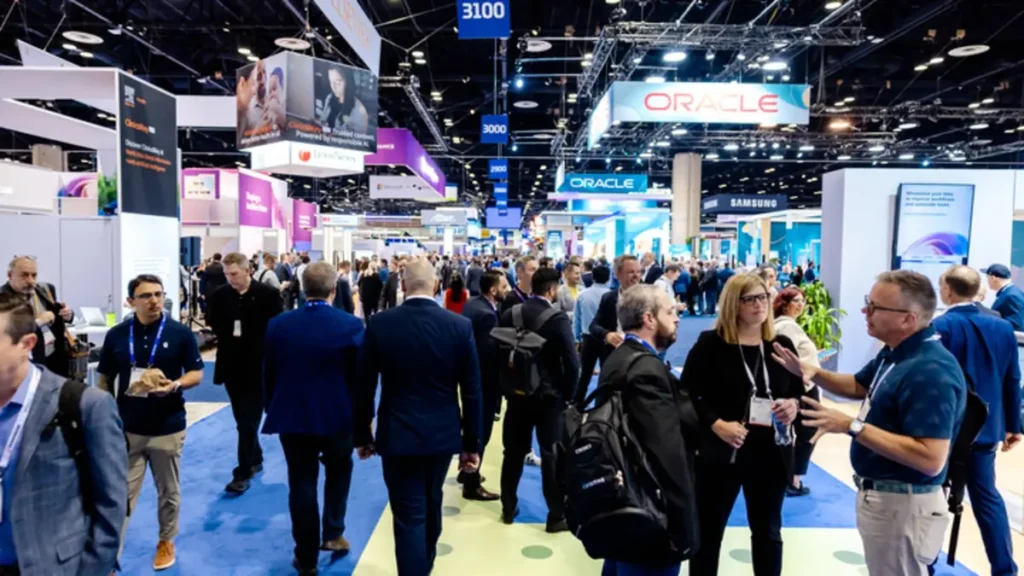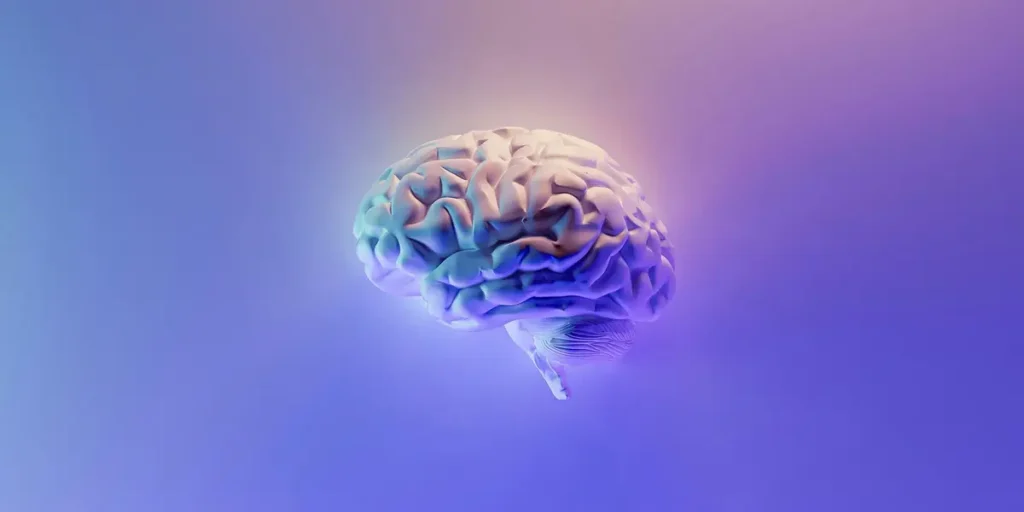The healthcare industry has witnessed an excellent-sized transformation driven by way of improvements in a generation. Among the improvements, medical generative AI synthetic intelligence (AI) has emerged as a recreation-changer, revolutionizing the manner docs diagnose ailments, plan treatments, and conduct studies. This article explores the growing fashion of doctors leveraging scientific generative AI and its implications for the future of healthcare.
Understanding Medical Generative AI
Medical generative AI refers back to the software of synthetic intelligence strategies, in particular generative models, in medication. Unlike traditional AI structures that rely on predefined policies, generative AI can generate new data primarily based on styles found from present facts. In healthcare, this era has proven promise in numerous domains, consisting of scientific imaging analysis, drug discovery, and patient danger evaluation.
Medical generative AI models, inclusive of generative adversarial networks (GANs) and variational autoencoders (VAEs), can generate realistic medical snapshots, simulate biological techniques, and even predict affected person effects. These competencies permit doctors to gain insights into complicated medical situations, optimize remedy techniques, and discover progressive remedies.
Role of Doctors in Utilizing Generative AI
Doctors play an important role in integrating medical generative AI into scientific practice. By leveraging AI-powered gadgets and systems, physicians can enhance their diagnostic accuracy, streamline remedy-making plans, and personalize affected character care. However, adopting AI technology in healthcare requires overcoming numerous challenges, inclusive of records privacy concerns, regulatory compliance, and moral concerns.
Despite those challenges, doctors are increasingly recognizing the capacity of generative AI to improve patient results and force innovation in healthcare transport. By participating with data scientists, engineers, and AI specialists, physicians can harness the electricity of AI to cope with complicated medical troubles and beautify first-rate care.
Impact on Patient Care
The integration of clinical medical generative AI has profound implications for affected person care. By leveraging AI algorithms to analyze scientific photos, doctors can hit upon diffused abnormalities, perceive early signs and symptoms of sickness, and tailor treatment plans to individual patients. This not handiest improves diagnostic accuracy but also reduces the time and assets required for diagnosis and treatment.
Furthermore, medical generative AI can help doctors predict patient outcomes, optimize treatment protocols, and increase customized treatment alternatives. By analyzing massive volumes of affected man or woman records, AI algorithms can end up aware of patterns, correlations, and tendencies that may not be obvious to human clinicians. This permits medical doctors to make extra informed picks, lessen dangers, and decorate patient outcomes.
Ethical Considerations
While scientific medical generative AI holds large promise, it additionally raises critical ethical concerns. One of the primary issues is the safety of affected persons’ privacy and facts safety. As AI algorithms rely on extensive amounts of touchy clinical statistics, there is a risk of unauthorized get entry, information breaches, and misuse of patient data. Therefore, it’s miles crucial to put in force strong safety features and regulatory frameworks to safeguard affected person confidentiality.
Another ethical issue is the capability for bias in AI algorithms. Since AI fashions are educated on ancient facts, they’ll inadvertently perpetuate cutting-edge biases and inequalities in healthcare. This ought to cause disparities in diagnosis, remedy, and access to care, mainly for marginalized communities.
Future Prospects
Looking in advance, the destiny of scientific generative AI is full of promise. As technology continues to enhance, AI algorithms become greater sophisticated, accurate, and scalable, allowing medical doctors to tackle complex clinically demanding situations with extra precision and efficiency. Additionally, the mixing of AI into mainstream healthcare will cause new possibilities for collaboration, innovation, and discovery.
In the approaching years, we can anticipate continued advancements in the clinical AI era, inclusive of the improvement of novel algorithms, the growth of AI-pushed applications, and the adoption of AI-powered scientific gadgets. Ultimately, clinical generative AI can revolutionize the exercise of medicine, empower medical doctors to supply customized care and improve patient effects on a global scale.
Conclusion
Doctors an increasing number embody medical generative AI as a powerful tool for remodeling healthcare shipping. By leveraging the AI era, physicians can enhance diagnostic accuracy, optimize remedy techniques, and enhance affected person consequences. However, the big adoption of AI in healthcare calls for addressing moral worries, making sure affected men and women have privacy, and mitigating biases. With careful oversight and collaboration, medical generative AI can revolutionize the practice of drugs and beautify the lives of patients internationally.
FAQs
1. How does clinical generative AI range from conventional AI?
Medical generative AI makes use of generative models to create new facts primarily based on patterns discovered from present records, whereas conventional AI relies on predefined rules and algorithms.
2. What are a few packages of medical generative AI?
Medical generative AI can be used for medical imaging analysis, drug discovery, affected person chance assessment, and customized medication.
3. What are the demanding situations related to integrating AI into healthcare?
Challenges include facts privacy concerns, regulatory compliance, moral concerns, and addressing biases in AI algorithms.
4. How can doctors mitigate bias in AI algorithms?
Doctors can mitigate bias by way of ensuring obvious, responsible, and inclusive AI algorithms, and actively addressing biases via records curation and algorithmic equity techniques.
5. What is the destiny outlook for clinical generative AI?
The destiny of medical generative AI is promising, with endured advancements in the era main to more correct, scalable, and accessible AI-pushed solutions in healthcare.
Read More: Google Regarding Woke Gemini AI





